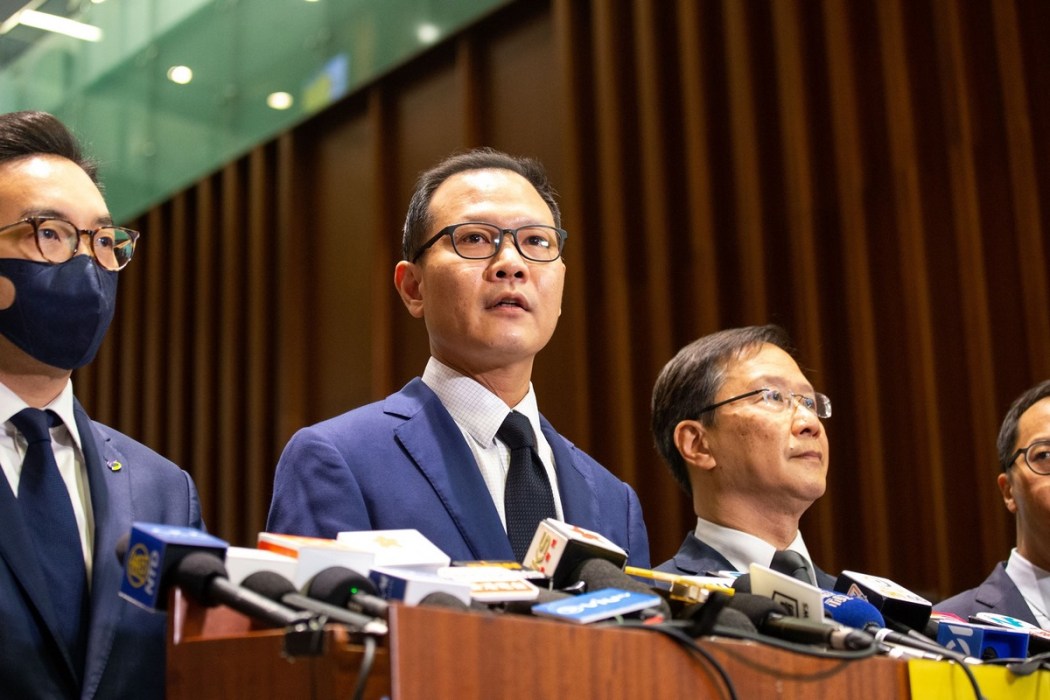International businesses in Hong Kong face risks similar to those on mainland China under the Beijing-imposed security law, a paper co-authored by former lawmaker Dennis Kwok has warned.
The paper, entitled “The Risks for International Business under the Hong Kong National Security Law” and published by the Ash Centre for Democratic Governance and Innovation earlier this month, also said the law would complicate the settlement of business disputes both within Hong Kong and abroad.

“International businesses with operations and interests in the PRC [China] and Hong Kong face new risks and challenges because of the Hong Kong national security law,” the 17-page paper read.
It said business risks included potential complications in civil business disputes, where a party may refuse to disclose evidence on the basis that doing so may contravene the security law.
Citing the law’s claim of extra-territorial jurisdiction, it added that businesses may refuse to disclose similar evidence even in foreign jurisdictions.
The law’s extra-judicial application also means businesses run the risk of violating the security law for content kept on servers abroad, the paper said.
The national security law, imposed by Beijing in June 2020, criminalises subversion, secession, collusion with foreign forces and terrorist acts. Critics say its vaguely-worded provisions are designed to quash all political dissent, while the government says it restored stability after the sometimes violent 2019 protests.
Exit Bans
Kwok, a barrister by profession, also said that foreign executives may be banned from leaving Hong Kong after amendments to the Immigration Ordinance come into force on August 1.
The government has denied that the bill will allow authorities to ban people from leaving the city, saying it was needed to deter the arrival of asylum-seekers.

The paper was Kwok’s first publication since becoming an Asia Fellow at the Harvard Kennedy School for the upcoming academic year. It was co-authored with the American Bar Association’s Program Director for East Asia, Elizabeth Donkervoort.
Kwok quit politics in late 2020 after being ousted from the legislature along with three fellow democrats last November for being “unpatriotic.” He left the city with his family for Canada, where he was born, he confirmed in April.
Last Friday, the US State Department warned of “growing risks” to American businesses operating in Hong Kong. In mid-May, a survey conducted by the city’s US business group found over 40 per cent of its members were planning to leave the city.

In May, Chief Executive Carrie Lam said that the city was still a good place for business: “We have not seen any significant outflow of capital, the securities markets are doing very well, the banking sector is very stable and generally, life goes on.”
Support HKFP | Policies & Ethics | Error/typo? | Contact Us | Newsletter | Transparency & Annual Report | Apps
Help safeguard press freedom & keep HKFP free for all readers by supporting our team
























